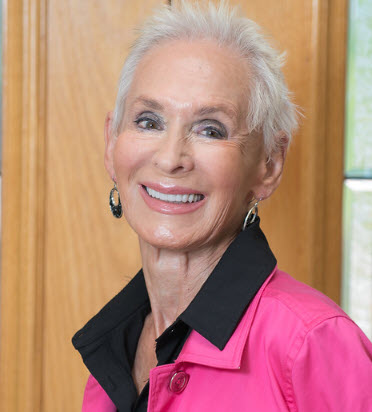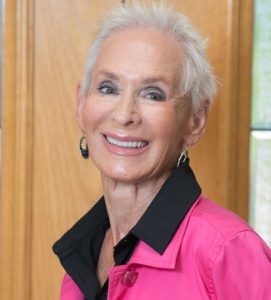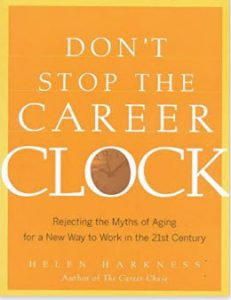

When I think about what I have done over the years that has really made a difference, one thing that stands out is that I have worked (and am working) well beyond retirement age. I consider it a blessing because it has kept me out of what I call the “senior culture.”
The senior culture is a well defined mindset and lifestyle with a focus on living life as a pastime. Golf, cruises, gardening, bridge, shopping, volunteering (more on that in a bit) grandchildren, etc. become a way of life. Productivity and accountability for the most part are a thing of the past.
Let me hasten to say that most people who live a traditional senior lifestyle are happy doing so are entitled to live however they choose to live. I totally understand it. It’s a mindset and lifestyle deeply ingrained in our culture as the preferred way to live after a certain age.
The thing is, it just isn’t amenable to holding on to youthful attributes, and as the years pass by, it eventually leads to decline of a fully functioning, independent mind and body. We are not intended to live forever, but we can extend and keep youthful attributes for a very long time by recognition of the reality that the human mind and body were not designed to lie fallow. Use it or lose it.
I have chosen not to lose it if at all possible.
By no means do I suggest that everyone should work forever. However, I do suggest that at midlife, you plan so that at traditional retirement age, you can leave work you may not enjoy, and finally do what you have always wanted to do — other than doing nothing!.
About volunteering for seniors that I mentioned above. I believe that if seniors want to volunteer, and it gives them pleasure and a sense of contributing, more power to them. However, I also believe that if seniors are able to work, they should do so for a paycheck. It’s great for self esteem and provides extra income so many seniors desperately need. To expect seniors to volunteer just because they are retired “with nothing better to do” is wrong. It disregards and devalues their worth.
Volunteering should be done by young people. It would give them a taste of reality, help promote maturity, increase empathy, and encourage doing for others. For midlife people, volunteering would help put their own future into sharper focus. When you have an opportunity to serve those who cannot help themselves, it can be a wake-up call to take preventive action in your own life.
The key to an energized retirement is successful integration of productivity and accountability with a lifestyle that allows adequate “pastime” living. It’s about finding balance. Balance will help preserve mental and physical strengths. You will “stay you” far longer. And this is so important because we are living longer. The lifespan has increased by 30 years in the past century and we need to factor that reality into the way we look at and approach aging and retirement . We need to prepare adequately for those “bonus” years by maintaining some degree of challenging productivity.
One person who has dramatically affected the way I look at my life and my aging process is Dr. Helen Harkness, author of Don’t Stop the Career Clock. Many times I’ve referred to her revolutionary concept of the stages of aging she gives in her book:
Young adulthood: 20-40
First Midlife: 40-60
Second Midlife: 60-80
Young-Old: 80-90
Elderly: 90 and above
Old-old: 2-3 years to live
Dr. Harkness is right on target. Once you apply this model to your own life, you will look at your aging process in a new light. Believe me, if you are over 65, and especially if you are healthy and vital, it makes a huge difference to think of yourself as being in your second midlife instead of elderly – the debilitating label our culture places on that stage of life. With a new energizing perspective about your chronological “number” (age) , your life can dramatically progress for the better.
If you are now at midlife, you don’t have to buy into the traditional life-limiting senior culture that is beckoning, not too far down the road. If you choose to opt in, that is your right, but knowing that you don’t have to do what everyone else does is to recognize the amount of freedom you have to create the kind of life you would prefer to have when you are “old” instead of blindly accepting traditional thinking that hasn’t caught up with reality.

Leave a Reply